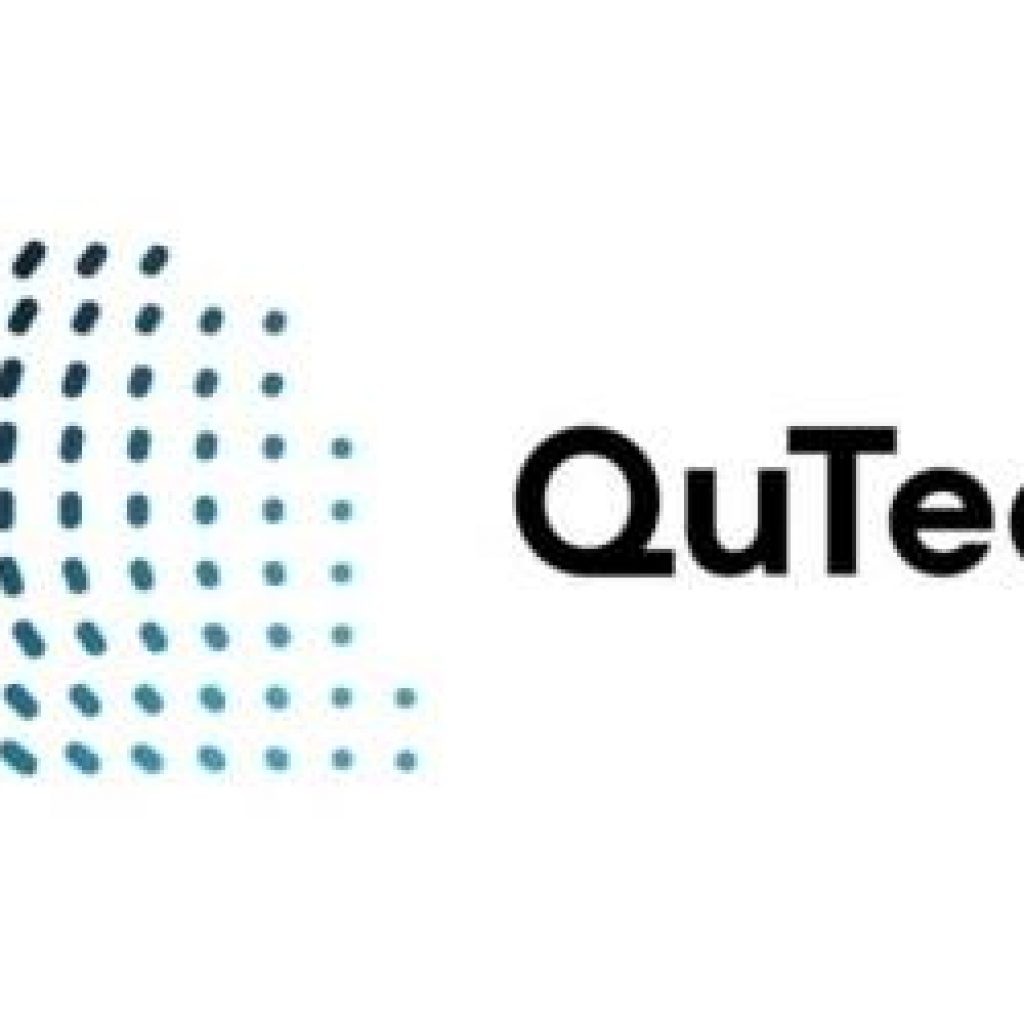(ScienceBusinessNetwork) The Fraunhofer-Gesellschaft and the Dutch research center QuTech – a collaboration of TU Delft and TNO – are joining forces in the fields of quantum communication and quantum information networks. Together, they are positioning themselves as leading organizations for the development and transfer of quantum technologies to strengthen Europe’s innovative power and pave the way for the quantum internet. Today, the partners have signed a memorandum of understanding for close cooperation.
In a long-term, strategic partnership, the Fraunhofer-Gesellschaft and QuTech will work together structurally on the development and knowledge transfer of the quantum internet. The partners aim to initiate and promote a wider scientific collaboration, to roll out new prototypes and testbeds, and to make better joint use of know-how in application-oriented research and transfer to industry.
”To ensure reliable and secure communication and to strengthen European sovereignty in the field of new quantum technologies, we are committed to the goal of establishing a multinational quantum network in the EU,” explains Paul de Krom, CEO of TNO. The network will be made available to industry and science as a testbed to develop new products and applications and to unlock the full potential of distributed quantum computing. To this end, the participants will jointly establish technology and interface standards in the areas of quantum communication and quantum information networks and to contribute in a coordinated manner to European agenda setting in these areas.
”To become a world leader in the implementation and application of new quantum technologies and to remain competitive against the market powers USA and China, immense joint transnational efforts of European science, industry and society are necessary,” says Prof. Reimund Neugebauer, President of the Fraunhofer-Gesellschaft.
The near future holds many challenges and opportunities for cooperation. For example, further tenders for European quantum communication infrastructures in cross-border quantum networks can be expected bolstering Europe’s leadership and sovereignty on these important technologies. “These collaboration infrastructures require a cross-border strategy between leading countries and actors for the development of the various technologies and a clear understanding of the different positions, roles, and interests,” explains Dr. Kees Eijkel, Director of Business Development at QuTech.
QuTech and Fraunhofer unite to champion quantum internet
